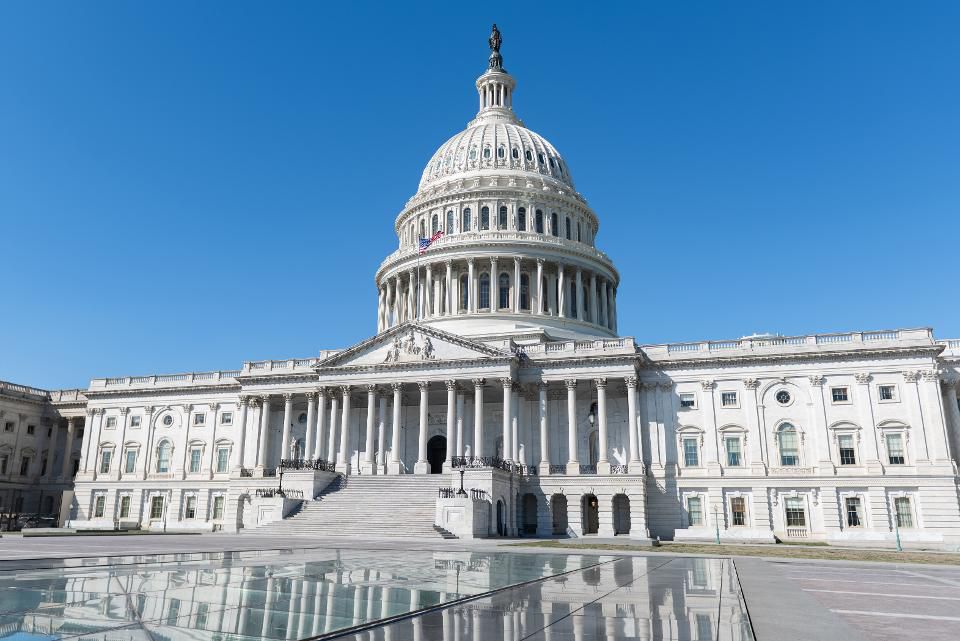If there is one thing that tends to unite economists across the political spectrum it’s the view that the government should not give unlimited tax subsidies to employer-provided health insurance. Yet that is what we have been doing
Partially as a remedy for that problem, Obamacare imposed a (yet to take effect) tax on expensive health insurance plans. But this week the House voted to repeal the tax and the Senate will likely follow suit. Here is why that matters.
When employers pay wages, that income is subject to income and payroll taxes. But if they buy health insurance for their employees instead, those amounts go completely untaxed. For the average employee, that means the employer can spend 25% more on health insurance benefits than would be available in the form of take-home pay. High-income employees in high tax states can have 50% more in health insurance than the take-home pay they could otherwise have.
There are several things wrong with this policy. First, it is highly regressive. Families in the top fifth of the income distribution get six times the tax relief for health care and health insurance expenses as families in the bottom fifth. Second, it encourages wasteful consumption. An employee in the 50% tax bracket, for example, has an incentive to buy health insurance until it is worth only 50 cents on the dollar. In fact, this is the principal reason the United Sates tends to overspend on health care.
Finally, the policy keeps families from achieving the level of well-being they otherwise could enjoy. They end up allocating too much of their consumption to health care and too little to other goods and services. Their overall consumption is skewed because they don’t get to choose among consumption alternatives on a level playing field.
So, what should be done? The Obama administration opted for a “Cadillac plan” tax. The idea was to allow employer-provided health insurance to be tax-free only up to a certain point. Beyond that, spending on the most expensive plans would be subject to a tax roughly equal to the marginal tax rate of high-income taxpayers. Nominally, employers pay the tax, but economists uniformly believe the real burden falls on the employees.
This tax was enacted as part of Obamacare. But its implementation has already been delayed twice. Currently it is scheduled to go into effect in 2022 and the tax will kick in once the cost of health insurance reaches $11,200 for an individual and $30,100 for a family. The Kaiser Foundation estimates that one out of every five employers offering health benefits will be affected. And because the threshold limits are not indexed to inflation, the number of those affected will rise over time – reaching more than one-third of employers by 2030. By that time, the tax could hit almost half of employers if contributions to Flexible Spending Accounts are included in the calculation.
Of course, once they hit the threshold, employers and their employees will have the option to buy less health insurance and receive taxable wages instead. But either way, the federal government will get more money. The Congressional Budget Office estimates that removing the Obamacare tax will cost the government almost $200 billion over the next ten years.
There are three problems with the Cadillac plan tax. First, it is a very crude way of solving the distortions that economists complain about – one that is very limited in its effectiveness. For families whose insurance costs less than $30,100 there is no effect at all. For families whose insurance costs a bit more than $30,100 the tax only affects the last few dollars of spending – completely missing the vast bulk of the expenditure.
Second, once the tax kicks in, it imposes a much higher rate on health insurance than average-income workers pay on their wages. So, instead of creating a level playing field, the tax will tilt the choice toward take-home pay and away from health insurance for most workers.
The final problem is political. The real purpose of the tax appears to be to get revenue to pay for Obamacare’s expansion of Medicaid and subsidies to low-income buyers of individual health insurance. But why should middle-income workers with health insurance bear a special burden to solve a social problem that affects all of us? No wonder organized labor has opposed the tax cap from the git-go.
Congress should consider a much better alternative. Instead of a Cadillac plan tax, we should offer employers and their employees the option of a dollar-for-dollar tax credit up to the amount of the tax subsidy they have been getting through the tax exclusion. As I have explained elsewhere, this would solve the problem economists complain about, put health insurance and take-home pay on a level playing field at the margin, and greatly reduce the incentives we all have to over-spend on health care.

0 Comments